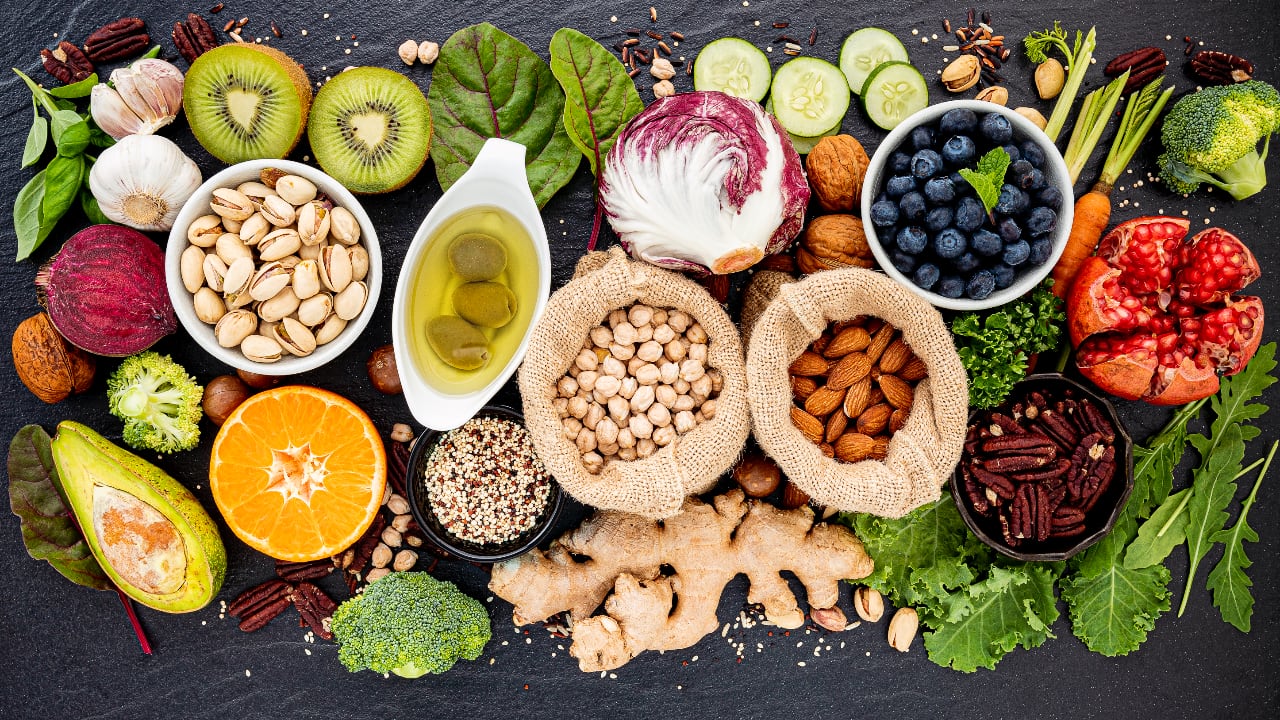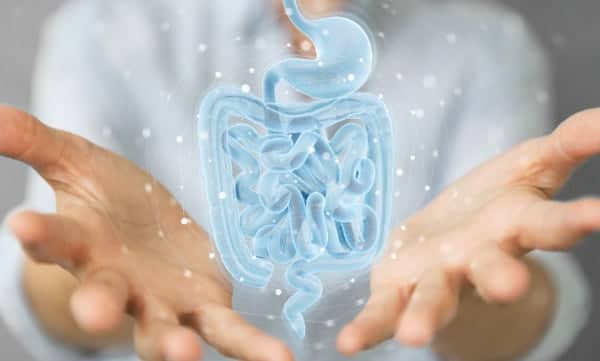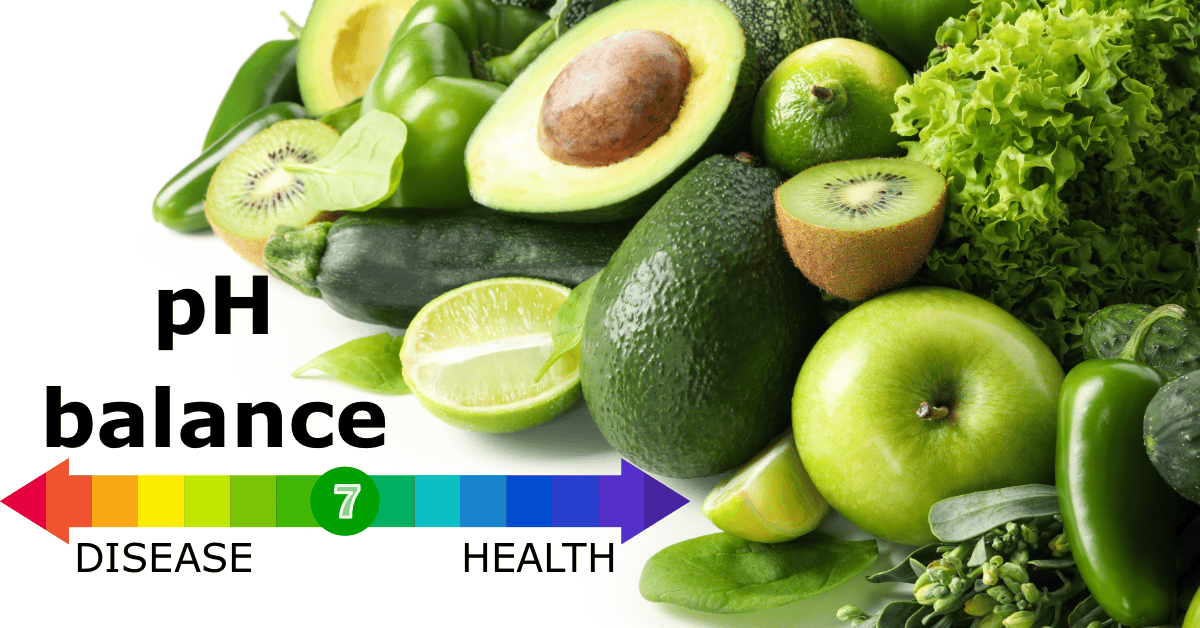Role of enzymes in the body

Enzymes are life itself—they ensure all life processes within our body, and the moment they stop functioning, we begin to age.
Enzymes are involved in:
- All biochemical processes
- Formation of new cells
- Removal of dead cells from the body
- Digestive processes
- Muscle contraction
- Heart function
- Body healing
- Immune system function
- Energy production from glucose
- And many more
Enzymes are also essential for thinking, speaking, and hearing. Virtually nothing happens without enzymes. With around 3,000 enzymes ensuring life processes in our body, their full list is hard to enumerate.
Enzymes and enzymes are the same; “enzymes” is the Latin term, while “enzymes” is the Greek term commonly used in medicine.
Enzymes are catalysts—accelerators—of biochemical reactions. There are two types of enzymes: simple enzymes, composed solely of proteins, and complex enzymes, which consist of proteins and a coenzyme that can be a mineral. Simple enzymes, like trypsin and pepsin, participate in digestion, while complex enzymes facilitate specific chemical reactions.
All enzymes are primarily composed of proteins, which are essential for enzymatic reactions in our bodies. Because enzymes have protein properties, certain substances can destroy them, such as strong acids, bases, heavy metals, copper, lead, mercury, ultrasound, and high temperatures.
There are also enzyme inhibitors, or poisons. One of the most potent enzyme poisons is carbon monoxide, which binds with the enzyme cytochrome oxidase that is involved in oxygen transport, halting respiration. This is why carbon monoxide poisoning can be deadly due to enzyme blockage.
Sometimes, enzymes may be absent in our bodies. One such condition is albinism, where the body lacks pigment in hair and eyes, leading to a deficiency in the enzyme tyrosinase, which helps convert tyrosine into melanin. This is one of many examples of enzyme deficiency.
Digestive Enzymes

This discomfort is unpleasant, but the consequences are even more serious:
- Nutrient deficiencies in the body, such as amino acids, vitamins, and minerals
- Anemia
- Weakened immunity
- Intestinal dysbiosis
- Allergies
- Excess weight
- Constipation
- Skin problems
- Accelerated aging
When nutrient absorption is impaired due to enzyme deficiency, it is called malabsorption syndrome.
One reason for dementia in old age is enzyme deficiency, which prevents the proper breakdown of nutrients essential for brain function, such as amino acids, fats, vitamins, and minerals.
Digestive Processes in Our Body
Oral Cavity
Digestion begins in the mouth, where specific enzymes like amylase and lipase are released. For amylase to form and function properly in the mouth, calcium and calcium ions are required. Calcium deficiency can hinder the breakdown of carbohydrates.
Calcium usually becomes deficient when the body is too acidic. A diet high in meat and alcohol contributes to body acidity and depletes calcium.
Enzyme inhibitors also deserve mention. Inhibitors hinder or neutralize enzyme activity. One such inhibitor in the mouth is fluoride. After using fluoride toothpaste, it’s recommended not to eat immediately, as fluoride can block enzyme activity. Fluoride is also harmful to the brain and is linked to Alzheimer’s disease.
Stomach
Food moves from the mouth to the stomach, where further breakdown occurs with the help of enzymes like protease and lipase, and hydrochloric acid. Recent studies show that hydrochloric acid acts as an enzyme activator. The primary task of the stomach is to break down proteins. If proteins are not adequately broken down in the stomach, it will hinder digestion in the other parts of the digestive system.
Gastritis, which is common today, can prevent proper protein breakdown, especially if the person is also taking acid-lowering medications.
Pancreas
The pancreas produces enzymes like trypsin, amylase, and lipase, which break down proteins, sugars, and fats. Zinc is essential for the pancreas to produce these enzymes effectively. Zinc deficiency is common in older people and may also affect men, as zinc is involved in testosterone synthesis. A lack of taste perception (salty, sweet, sour) can indicate zinc deficiency.
Intestinal Tract
Next, food moves into the intestines, where digestive enzyme activity is often hindered by dysbiosis. Dysbiosis, an imbalance of gut flora, leads to inflammation of the intestinal walls, preventing enzymes from functioning effectively. As a result, food begins to rot, and cause bloating. If you experience discomfort after eating, consider enzyme deficiency, dysbiosis, or inflammation in the gut.
When Does Dysbiosis Occur?
- After antibiotic use
- With conditions like diverticulosis or Crohn’s disease
- If parasites or harmful bacteria are present in the intestines

What happens if enzymatic activity is insufficient and food is not digested? One consequence is allergies. Undigested food particles enter the bloodstream, triggering allergic reactions. If proteins enter the bloodstream, antibodies may form against them, leading to autoimmune diseases. Ingesting harmful substances can cause endotoxemia.
To maintain youth, detoxify, and promote health and recovery, enzymatic activity is essential. Without it, our body cannot perform these functions effectively.
Enzymes are also crucial for weight management. If nutrients are not properly digested, they enter the bloodstream and accumulate in fat tissue.
Lactase is an enzyme that breaks down milk sugar. Studies show that 50% of the population lacks this enzyme, often starting in childhood. As a result, dairy products remain undigested and accumulate in the intestines, potentially shortening life by about 20 years. There is also maltase, which breaks down regular sugar. Sucrase, fructose, and trehalase break down wild mushrooms.
It’s concerning to see mothers feeding their children foods like semolina porridge, which is often made with unhealthy milk mixtures. These children may develop skin problems, digestive issues, and allergic reactions due to milk and sugar intolerance from a lack of lactase. It’s crucial to avoid dairy if it causes discomfort such as bloating, diarrhea, gas, spasms, or pain. A good approach is to eliminate these problematic foods from the diet.
Gout and salt deposits indicate that undigested nutrients have entered the bloodstream and formed crystals in the joints, causing pain and discomfort.
Dark Field Microscopy
In dark field microscopy, undigested food particles can be seen in the blood, turning it into a swamp-like environment. This results in a thick, unproductive blood flow, where erythrocytes and leukocytes cannot function properly.
Experiments have shown that taking enzymes can free up erythrocytes and break down undigested substances in the blood, transforming it from a thick sludge to a free-flowing liquid.
Bile
Bile is crucial in digestion as it activates enzymes like lipase, which breaks down fats.
Sometimes people consume too many smoothies, but our stomachs are designed to process solid food. Solid food particles stimulate the stomach lining, triggering hormone release and bile secretion. Consuming too much liquid food can lead to gallstones due to insufficient bile secretion.
Balancing the Enzyme System
What is needed for optimal enzyme function?
An optimal pH level between 6 and 8 is essential for enzyme activity. Vitamins, minerals, and a balanced diet are also crucial. However, when digestion is not working properly, the enzyme system may also fail, creating a vicious cycle.
How can we support our body with enzymes?
Ideally, we should consume enzyme-rich foods. Nature has provided fruits, berries, and greens rich in enzymes to help our bodies and prevent overloading our enzymatic system.
Consuming raw food replenishes our enzyme supply and aids in digestion. Raw food enthusiasts benefit from the abundance of live enzymes in fresh produce, which support digestion, detoxification, cell renewal, and overall health. Unfortunately, our diets often consist of processed, frozen, chemically treated, fried, and microwaved foods that destroy enzymes, leaving little or no fresh food in our diet. Essentially, we are consuming lifeless food.
How can we help ourselves?
We can help ourselves by eating greens, fruits, and vegetables. Bananas are particularly rich in live enzymes, followed by pineapples, mangoes, avocados, kiwis, and cranberries. Avocado, for example, contains lipase, which helps break down fats.
What are enzyme inhibitors in food?
One of the strongest enzyme blockers is nuts. Many people eat nuts as a protein source, but all nuts, seeds, and grains contain enzyme inhibitors. These inhibitors are necessary for plant growth, not for us to eat. Among nuts, peanuts are the most harmful.
What happens when we eat salads with nuts? On the one hand, fresh salads contain many live enzymes, but on the other hand, we block enzyme activity with the inhibitors found in nuts.
Other Inhibitors in Food
These include egg whites, green potatoes with sprouts, peas, beans, and millet. All of these products block our enzymatic system, which explains why we experience discomfort and a feeling of heaviness in the stomach after consuming them.
How Can We Make These Foods Healthy?
All these seeds and grains become healthy when they sprout, which means that at that moment, all inhibitors are destroyed. Therefore, sprouted seeds, grains, and wheatgrass juice are very healthy sources of enzymes.
Nuts and grains are recommended to be soaked to neutralize enzyme inhibitors and make them healthier.
About Heated Food
An experiment with rats was conducted where one group was fed freshly prepared food, while the other group was given heated food. The first group, which was fed freshly prepared food, was healthy, did not get sick, and had shiny fur. But the second group quickly became ill, and their fur became dull. This is because heated food lacks enzymes.
It’s better to consume a diet rich in fruits and greens—living foods—and as little preserved, fried, or boiled food as possible. Steaming food is preferable, as proteins begin to degrade at 60°C.
When Is Enzyme Therapy Needed?
- To delay all aging processes;
- When immunity is low;
- To rejuvenate the body;
- To cleanse the body;
- Enzymes are necessary after injuries;
- They are very important for joint damage and osteoarthritis;
- For chronic lung diseases;
- For cystic fibrosis diseases;
- When connective tissue forms;
- For candidiasis;
- For gallstones;
- In early stages of oncology;
- For infertility;
- For lymphedema;
- Enzymes help combat parasites by breaking them down;
- For gout, even when there are crystals;
- For weight loss.
Types of Enzyme Groups
There are two groups of enzymes: plant-based and animal-based. Animal-based enzymes are available in medication form, which should be taken for a short period; otherwise, the pancreas may become lazy and stop producing its own enzymes.

We can take plant-based enzymes in the form of dietary supplements. We have products like Assimilator and Chewable Papaya. Assimilator contains bromelain, derived from pineapples, and papain from papaya. These contain protease, lipase, and cellulase, which break down proteins, fats, and carbohydrates.
Especially as a person ages, undigested proteins accumulate in the digestive tract, lining the walls, and there is no assistance to deal with it because the enzyme system has already been exhausted. This is why we can help with dietary supplements to prevent our own enzyme system from depleting, as unfortunately, food does not contain enough of what is necessary to sustain us.
In India, papaya is called the fruit of life because it contains the most live enzymes. Papain not only breaks down proteins but also acts on inflammatory processes in our digestive tract, and it helps with erosions and ulcers. Papaya also contains lysozyme, which destroys bacteria and viruses.
You can choose any of these products, and it will be similar to consuming papaya, pineapple, mango, or avocado, which are not as readily available to us, not to mention their quality.
Enzymes should be taken after meals, one or two capsules. They can be taken when stomach acid is low, and if there are processes not related to the stomach, they can be taken 15-20 minutes before meals. The only caution is with Assimilator, as it contains bromelain, which can irritate the stomach. If someone has stomach issues, like gastritis, it is better to choose Papaya.
It is also worth mentioning cellular enzymes such as glutathione peroxidase and superoxide dismutase, which protect our cell membranes from damage and aging. For them to function properly, we need additional zinc, selenium, copper, and manganese. Glutathione peroxidase protects our brain cells from damage, and selenium is very necessary for this enzyme.
Conclusion
If our enzyme system is functioning, we are healthy, young, and beautiful. But as our enzyme system depletes, all vital processes in our body also diminish. Therefore, let’s support our enzyme system, help it function optimally, and help our bodies stay healthy.
How to buy the products?
Product purchase is possible with a 20% discount.
Registration of discount card
Please carefully read the terms of registration using the referral link:
- Clicking this link, you confirm your desire to join Coral Club in Sanita Kozlakovska’s structure, who becomes your consultant/sponsor;
- By clicking on this link, you confirm your desire to receive information about the company’s products, the concept of health of its application and the principles of the company’s work in English.
I agree
Registration form
After registration, you will receive a customer number, which you can use to get a 20% discount (for an unlimited period of time) on all products when shopping in one of the Coral Club stores or online.
If you would like advice on the purchase or use of the products, please contact one of the health advisors.





